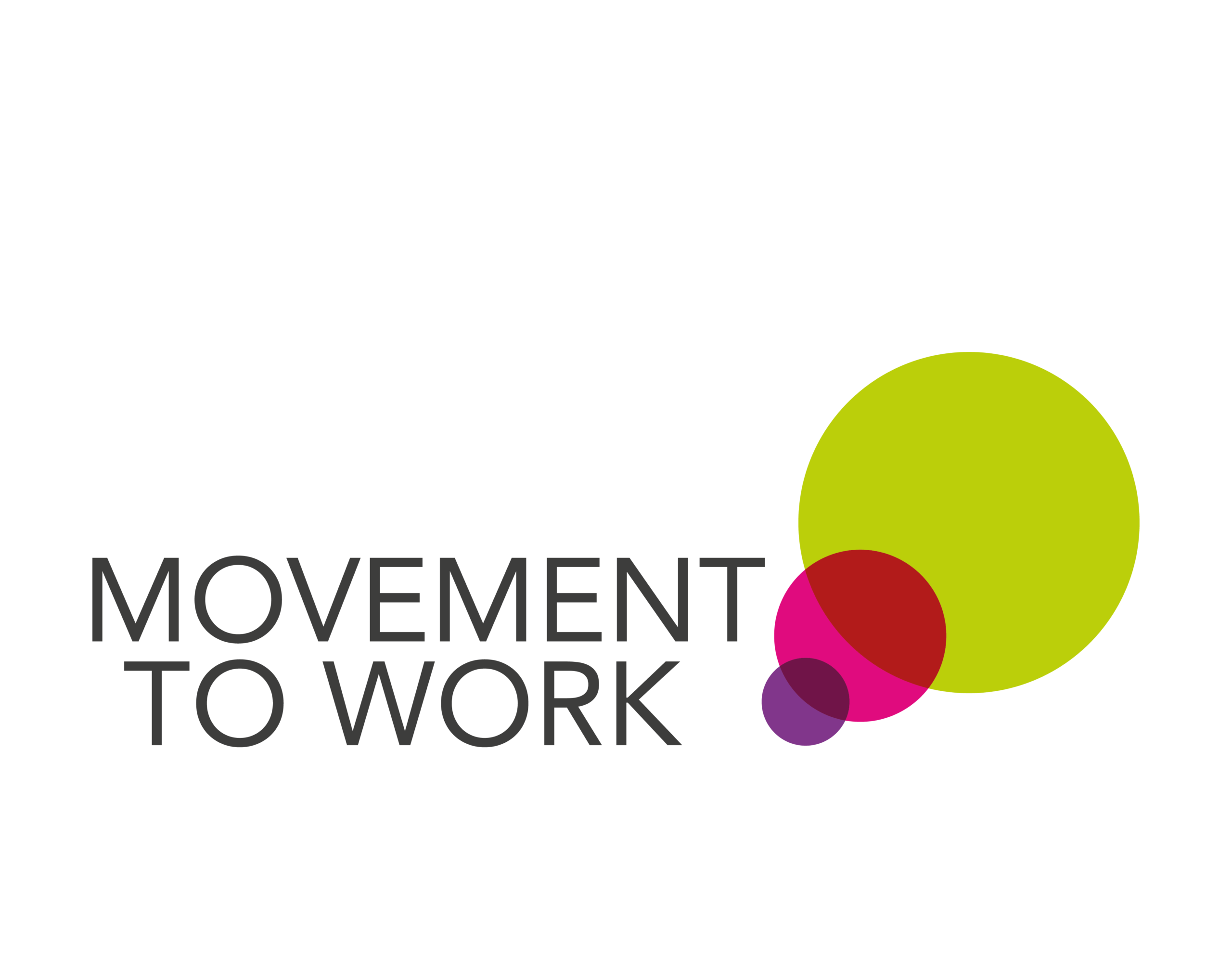A new report from the Chartered Institute of Personnel and Development (CIPD) provides an insight into the needs of young people, both in education and as they start out in their careers. The report also shows employers how to help young people understand their employment options, how to obtain the skills they need to enter the workplace and how to provide advice to ensure career aspirations are met.
The report is based on primary research with a survey of over 2,000 people aged 18 to 30.
Key findings of the UK report are: –
- The qualifications young people held are seen as more necessary to get jobs, than do jobs.
- Over half of those who attended university would have considered an apprenticeship as an alternative route, but only 1% said they received help at school to apply for one.
- Only a fifth of young people rated the careers guidance given at school or college as high quality and said that not enough time was spent helping them understand career pathways or options.
- Only half of young people surveyed received a face-to-face careers guidance interview at school.
- Whilst most young people took part in work experience at school or college, over a quarter rated it as low quality.
- Paid work during education is seen as beneficial for developing employability skills.
- Only just over half of people surveyed are satisfied with their main job, with the lowest rates of satisfaction being in wholesale and retail and the highest being in education and healthcare.
- Those that said their career progression had failed to meet their expectations reported poor quality line management and lack of effective training programmes as the main factors holding them back.
- Over two-fifths of young people believe the pandemic has harmed their long-term career prospects.
Key recommendations: –
The CIPD is calling for:
- The Government to increase funding for careers advice, so that every young person is guaranteed at least one face-to-face interview with a qualified career guidance professional by the age of 16.
- Careers advice in schools and colleges to give equal focus to vocational and academic routes into employment.
- Employers to collaborate with local schools and colleges to ensure young people understand and are equipped with the skills that businesses need, so they are ready to join the workforce when they leave education.
- More senior professionals from all sectors to volunteer for the Enterprise Advisers programme in England, run by The Careers & Enterprise Company. It matches individuals with a school to help them develop a careers advice strategy and connect them with local employers.
To see the full report and additional commentary from the CIPD, click here.
